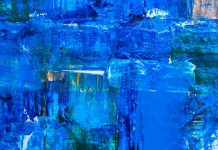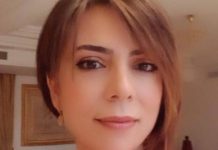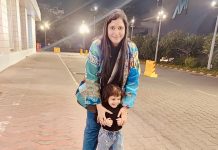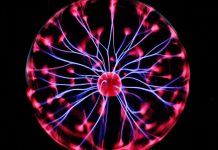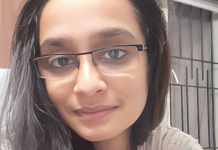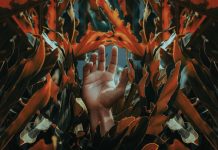Women
One woman walks in a hurry sobbing,
A house with faded paint on her head.
One woman goes on waiting at
A railway station where no train stops.
One woman with a halo of glow worms
Walks in the dark towards the stars
One woman makes sure her wings are in place
Before she launches herself into a flight
One woman steps into a cornfield in drought
With a raincloud on her shoulder.
One woman sings a song making a fruit tree
In autumn burst into blossoms
One woman glints like a spark of fire in the ashes
Of her little house set on fire
One woman scoops up her baby and flees to the border
Watching a fighter-jet swoop down
One woman sharpens the letters of the alphabet
And pulls out the fangs of the enveloping dark
One woman closes the door of her house with a bang,
Walks out and hums a medley on the street
One woman looks at the image of Jesus on the cross
And yells in agony, “Son, my darling son!”
One woman leaves her man on the panel
In Khajuraho and finds her pleasure herself.
One woman, her muscles hardening as I look on,
Turns into a goddess of iron and fire
One woman sharpens her sickle again and again
Rubbing it against a rock in a forest stream.
One woman climbs up a tank and offers
Flowers to soldiers with the moon’s smile
One woman tired of her life on earth leaves for space
In a vehicle made of her own bones
One man stands aghast on the roadside
Too scared to cross the road.
The Enchantress
My mother was an enchantress
My daughter has seen her dance
With cats at night.
House-geckos used to respond to her call.
With her index finger she manoeuvred
The movements of the spiders
At home leg by leg
A single frown from her, and
The cockroaches fell flat,
Their thin legs groping the air.
When they heard her footsteps
Rats returned to the laps of
The witches who had sent them.
She returned the owls’ hoot
And the foxes’ howl.
Even sterile cows began lactating
As she stroked their backs.
Coconut trees bent down
to drop their tender fruits into her thin hands
Mango trees burst into blossoms at her touch
Even the plates and ladles at home
Stood to attention at her command.
Ghosts smiled at her, like neighbours.
She knew by heart the lexicon
Of ants and grasses.
Using different synonyms she changed
The rain’s rhythms and the wind’s beats.
She grazed the clouds, lightning for her whip
Butterflies formed a halo
Around mother’s head.
She recognised each crow
By what it had been in its previous birth.
She found the names of squirrels
Reading their lines, summoned them
and taught them Malayalam.
Reading the map of her betel-spit
She prophesied father’s death on the temple- hill.
When his clothes came back she hugged them
As if father was still inside them
She prepared meals for guests even before
The crows announced their arrival,
Planted coconut saplings and
Sowed vegetable seeds
For each of her unborn grandchildren
The only thing mother could not predict
Was the end of her own world.
Sitting in that darkness,
I recall that world :
The barn in the fields and the paddy measure,
The winnowing flat and the bamboo mat,
Songs of the ploughmen and the weeding women
The thorny names of the paddy seeds,
And my bleeding black, black roots.
The Key
When Gandhi was shot dead,
I was just two.
Father must have wept,
I don’t remember.
When Nehru died
I was eighteen;
Father came home with
the newspaper and I saw him
sit down, almost fall,
his hands on his brow,
leaning forward, pale.
When father went on his pilgrimage
he had left his bunch of keys at home.
He never returned; only
the news came on the third day.
Even today I keep on trying
those keys to open the
secrets of the universe:
My poems.
( Note: The above poems translated from Malayalam by the poet)
About the Author
K. Satchidanandan is perhaps the most translated of contemporary Indian poets, having 31 collections of translation in 19 languages including Chinese, English, Irish, Arabic, French, German and Italian besides all the major Indian languages like Tamil, Kannada, Assamese, Odiya, Bengali and Hindi.
Satchidanandan writes poetry in Malayalam, the Indian language of Kerala, and prose in both Malayalam and English and has 24 collections of poetry besides many selections and chronological collections, five books of travel, a full length play and a collection of one-act plays, and many collections of critical essays including five books originally written in English on Indian literature. He was also in the Ladbroke shortlist of ten probable Nobel prize winners in 2011.



